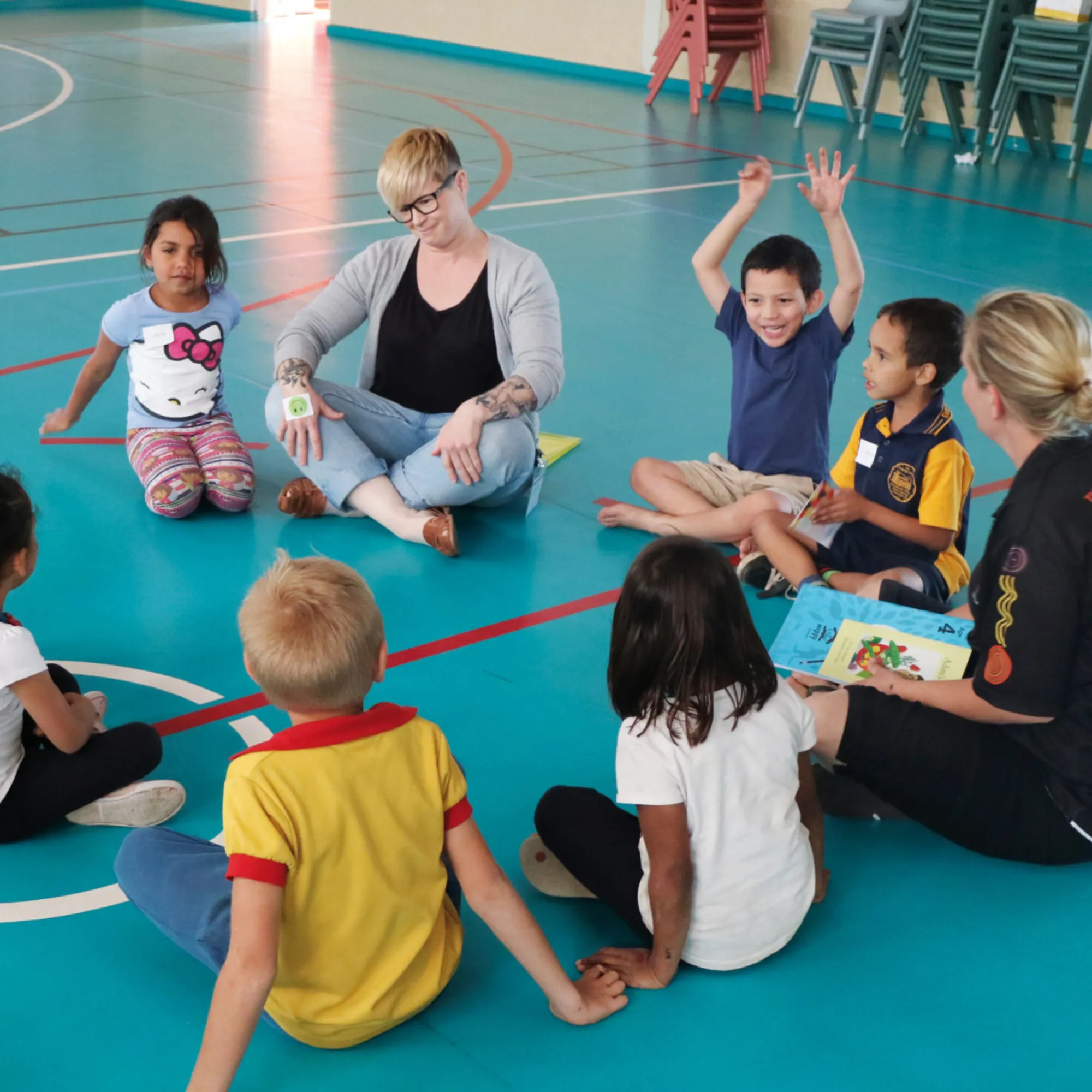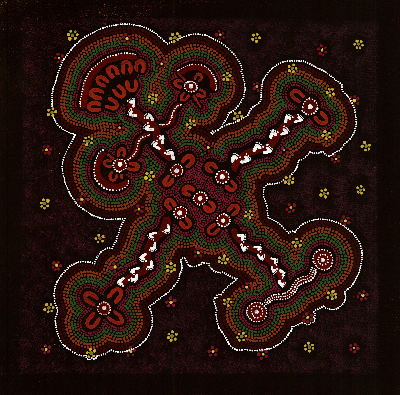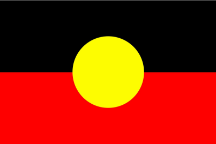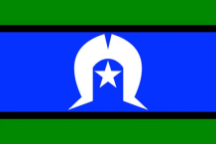About us
HIPPY's history and background
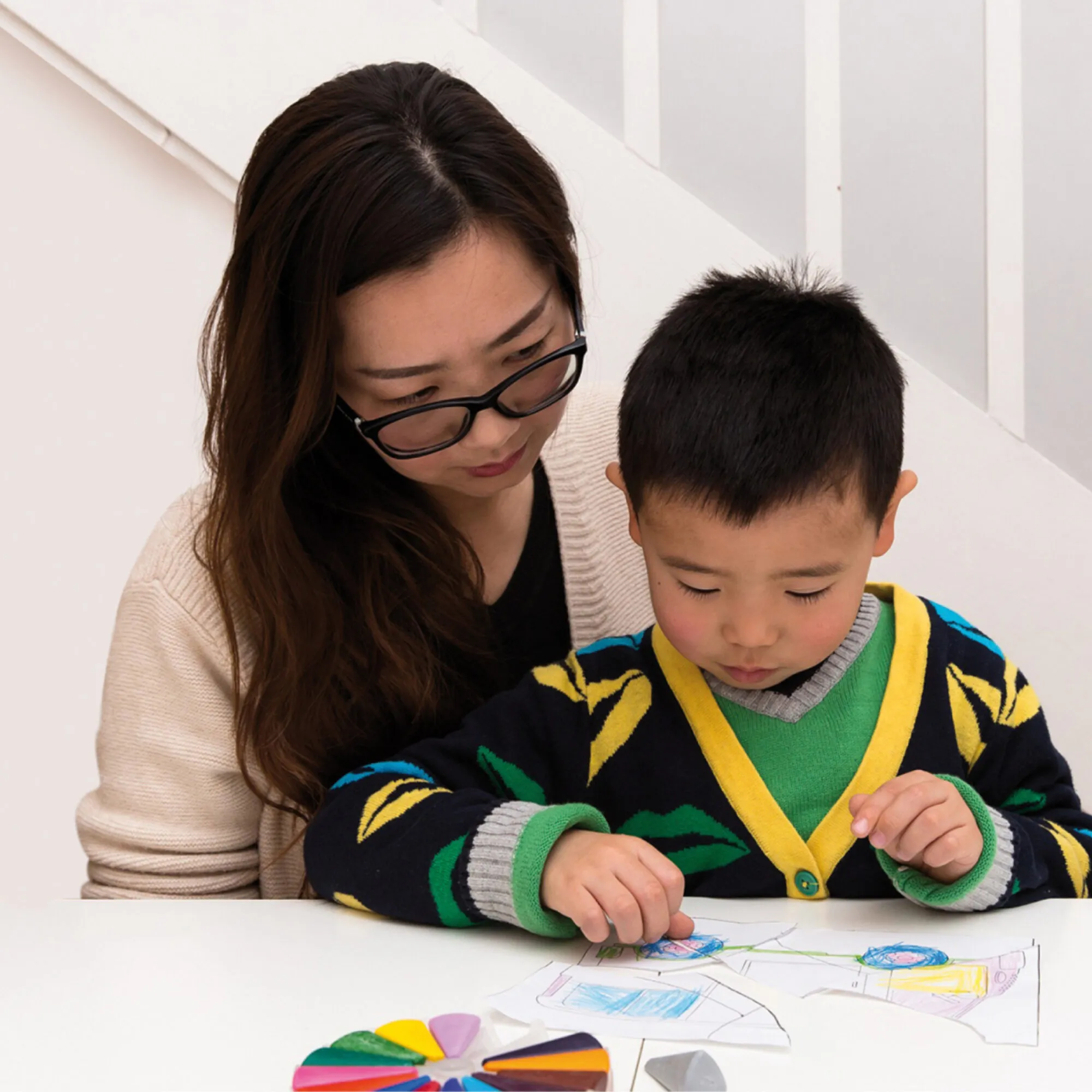
HIPPY in Australia
The first HIPPY site in Australia started in Fitzroy, Melbourne in 1998, delivered by the Brotherhood of St. Laurence (BSL). Twenty families were enrolled, with three Tutors employed to work with families in their homes. Since then, HIPPY has grown. Today we now reach thousands of families each year through the ongoing support of the Australian Government.
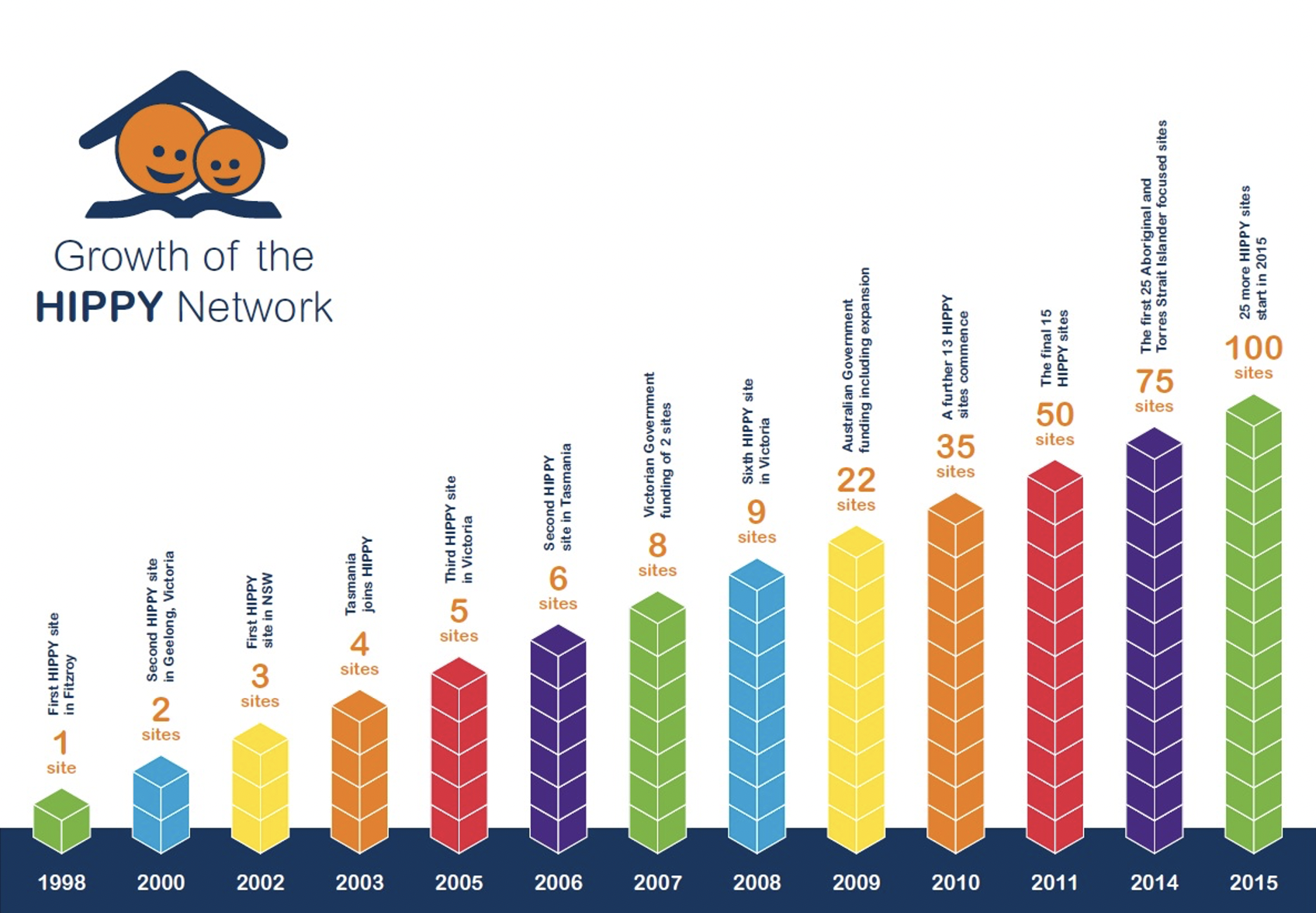
Since 2008, the Australian Government has supported and expanded the program to be delivered in 100 communities. The most recent 50 communities to join the HIPPY Australia network have a focus on Aboriginal and/or Torres Strait Islander families. The program is now successfully implemented in urban, regional, rural and remote communities across Australia and delivered by over 60 not-for-profit organisations, including a number of Aboriginal and Torres Strait Islander-controlled organisations.
HIPPY and BSL (Brotherhood of St. Laurence)
Learn about BSL's role with HIPPY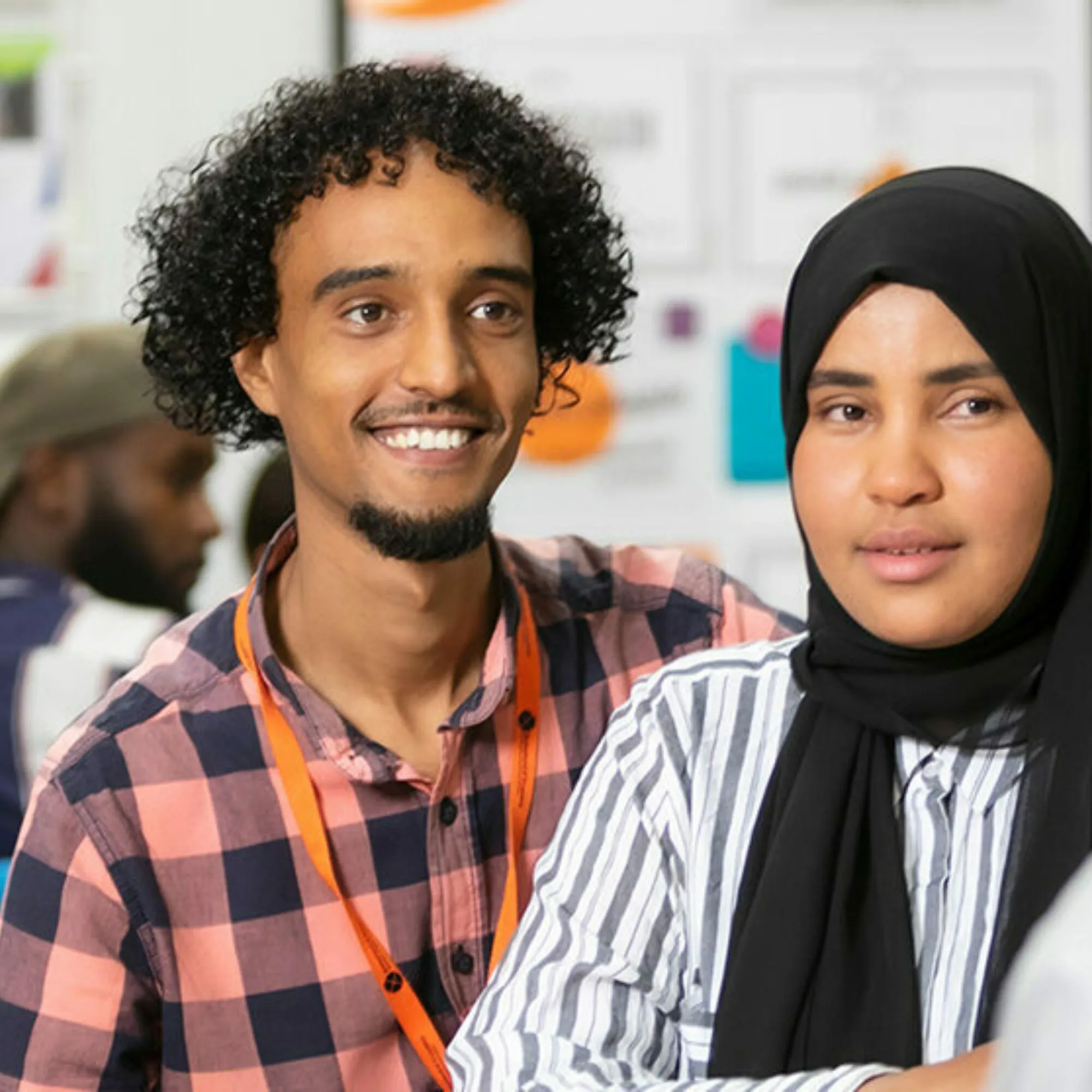
Research
Learn about our research